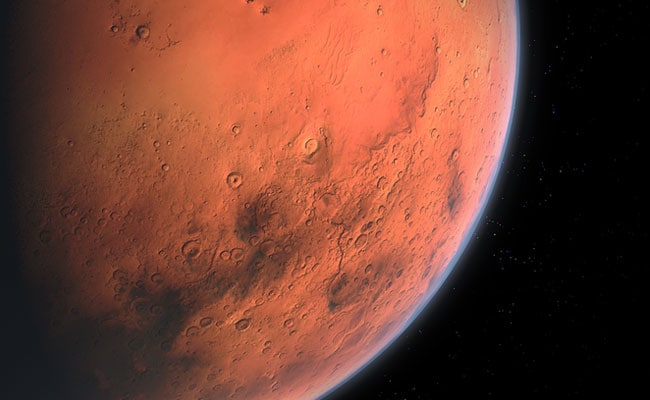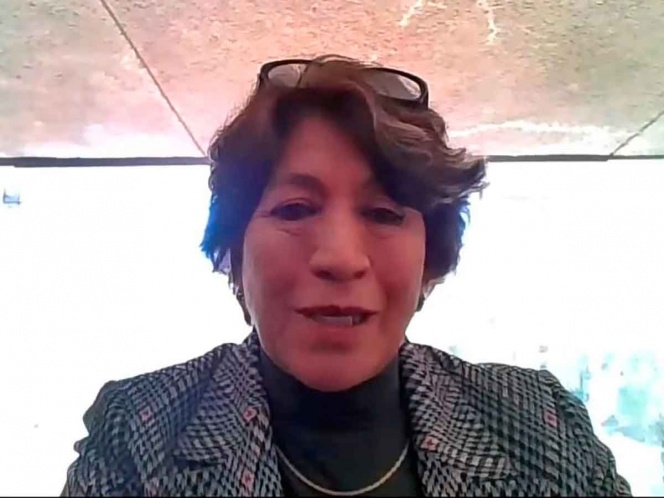The Battle Of Belonging: On Nationalism, Patrotism And What It Means To Be Indian
By Shashi Tharoor
Aleph | Pages: 462 | Rs. 799
Shashi Tharoor’s brilliant but deeply flawed thesis in The Battle of Belonging takes off from where G.K Chesterton left it off long back when he said: “‘My country, right or wrong’, is a thing that no patriot would think of saying except in a desperate case. It is like saying, ‘my mother, drunk or sober’.” Tharoor is brilliant with words, which he uses not to convince but to confuse, obfuscate and deceive. He writes brilliantly, except this time around his core arguments are fundamentally flawed.
It’s the old trick of assembling all the good things that you can imagine about patriotism, tot up everything you think is wrong, stick it to nationalism and then prove that the former is better than the latter. Tharoor argues that the nationalist loves the country but doesn’t question his government ever, but that doesn’t mean the patriot doesn’t have to love the leader or follow his commands. Love of country does not require absolute obedience to its government, but that is true for both nationalists and patriots, except in Tharoor’s construct of convenience. Demonise nationalism, applaud patriotism and gently allude political tags to each to suit one’s politics. For instance, Arun Shourie and Rathin Roy, to name just two who have been critical of this government’s policies, but have always admired some of the bold reforms initiated by it. Does it make them any less nationalistic or any more patriotic than others?
Tharoor fails to examine the counterfactual in any great detail—why can’t a nationalist be a patriot, or a patriot a nationalist if they meet some, but not all, of the elements of his own definitions? For example, if someone criticises the government’s policies and still admires an authoritarian leader is he a nationalist or a patriot as per the Tharoorian construct? Tharoor says that if someone gives up their passport for the sake of convenience in today’s highly interconnected global world, he is “less” patriotic, for he chose convenience over an identity document. But there are so many far more devoted to India than those with Indian passports who loot the treasury! Are the latter more patriotic?
He tries to give a consolation prize to nationalists by trying to divide them into conventional and civic nationalists. Civic nationalism is an artificial construct to make an artificial distinction between conventional nationalism (birth, community, language etc). But such ‘civic nationalism’ is anyway enshrined in our Constitution! He then alludes that ‘civic’ nationalists are actually patriots, but not the others. Give the dog a bad name and then kill it.
The other flaw in Tharoor’s argument is that he assumes the concept of national character to be immutable. Yet, the India of a 100 or even 70 years ago had a different ethos, aspirations and fundamentals. That was probably formed in significant part by the freedom struggle and Partition. The values on which democratic constitutionalism was fought and won has been fritted away in part by the unseemly actions of various political parties. The idea of India has evolved and changed over time, as it should. Some good and some not-so-good parts comprise it, as it did 70 years ago. Indeed, it wasn’t wholly unblemished back then. If someone argues that everything about the idea of India in 1947 was immaculate and immutable, all at once, but the idea of India in 2020 is the opposite in every way, one should simply defenestrate it, as per Tharoorosaurus. Both constructs are agathokakological, consisting of both good and evil.
Tharoor (of the Oxford Union debate, without wearing his political cap) needs to deeply reflect why is it that the idea of a “New India” has found currency across the board and whether the idea of India has evolved, arguably only in part, for the better. And is that a result of what he terms as Kakistocracy or something more subtle? And without doing this deep reflection in the first place, should he indulge in a Tharoorian floccinaucinihilipilification?
(The author is an IAS officer. Views are personal.)

/https://i.forbesimg.com/media/amp/images/forbes-logo-dark.png)




More Stories
Jaipur Literature Festival debuts in digital avatar on Friday
Book Review: The Commonwealth Of Cricket By Ramachandra Guha
Chronicle of deaths foretold